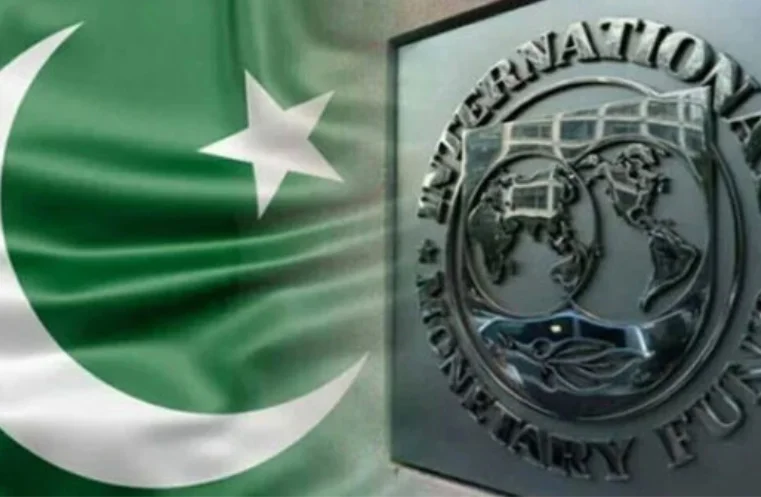Islamabad, Mar 14, 2025: Pakistan and the International Monetary Fund (IMF) have mutually agreed to revise the country’s macroeconomic and fiscal policies for the ongoing financial year.
As part of this adjustment, the Federal Board of Revenue’s (FBR) annual tax collection target has been lowered from Rs. 12.97 trillion to Rs. 12.35 trillion.
Despite the Rs. 620 billion reductions, the originally set tax-to-GDP ratio of 10.6 percent remains unchanged, as per reports from a leading national publication.
The FBR has already faced a revenue deficit of Rs. 0.6 trillion in the initial eight months of the fiscal year.
Consequently, the revised economic framework has recalibrated collection estimates for the remaining four months, spanning from March to June.
The IMF has mandated the finance ministry to formally commit to adjusting government expenditures to sustain the Rs. 2.4 trillion primary surplus targets for the current fiscal cycle as a condition of the revised agreement.
A senior official affirmed, “There will be no mini budget. We have successfully negotiated a downward adjustment in the FBR’s revenue target to reflect the revised nominal growth figures.
With the overall economic size being revised from Rs. 123 trillion to Rs. 116.5 trillion, maintaining a 10.6 percent tax-to-GDP ratio now corresponds to an FBR collection goal of Rs. 12.35 trillion.”
These negotiations form part of the initial review under Pakistan’s $7 billion Extended Fund Facility (EFF).
Read More:
Pak-IMF Talks Heading Towards Settlement on Key Issues
Officials expect to conclude high-level discussions by Friday and will conduct further budgetary planning virtually or through a possible IMF mission visit in early May 2025 to finalize figures for the fiscal year 2025-26 budget.
Government officials have labeled this agreement as a significant milestone, emphasizing that Pakistan and the IMF have also decided to lower the nominal GDP growth target, along with adjustments to CPI-based inflation estimates.
They have revised the real GDP growth forecast downward from 3.6 percent to a range of 2 to 2.25 percent.
Additionally, they have adjusted the inflation projection from an average of 12.5 percent to 7 percent for the current financial year.
These economic modifications have reduced the total estimated size of Pakistan’s economy from Rs. 123 trillion to Rs. 116.5 trillion, aligning with the new fiscal strategy to ensure economic stability and growth.









